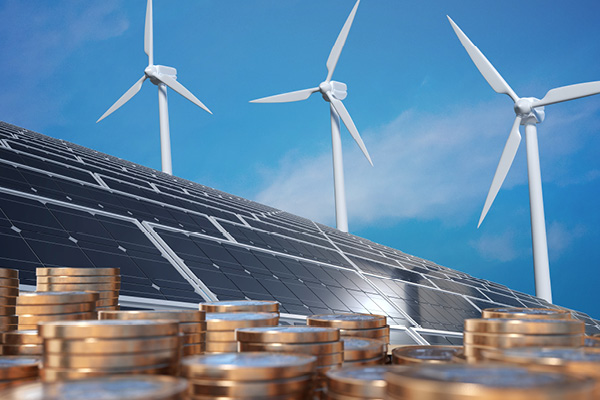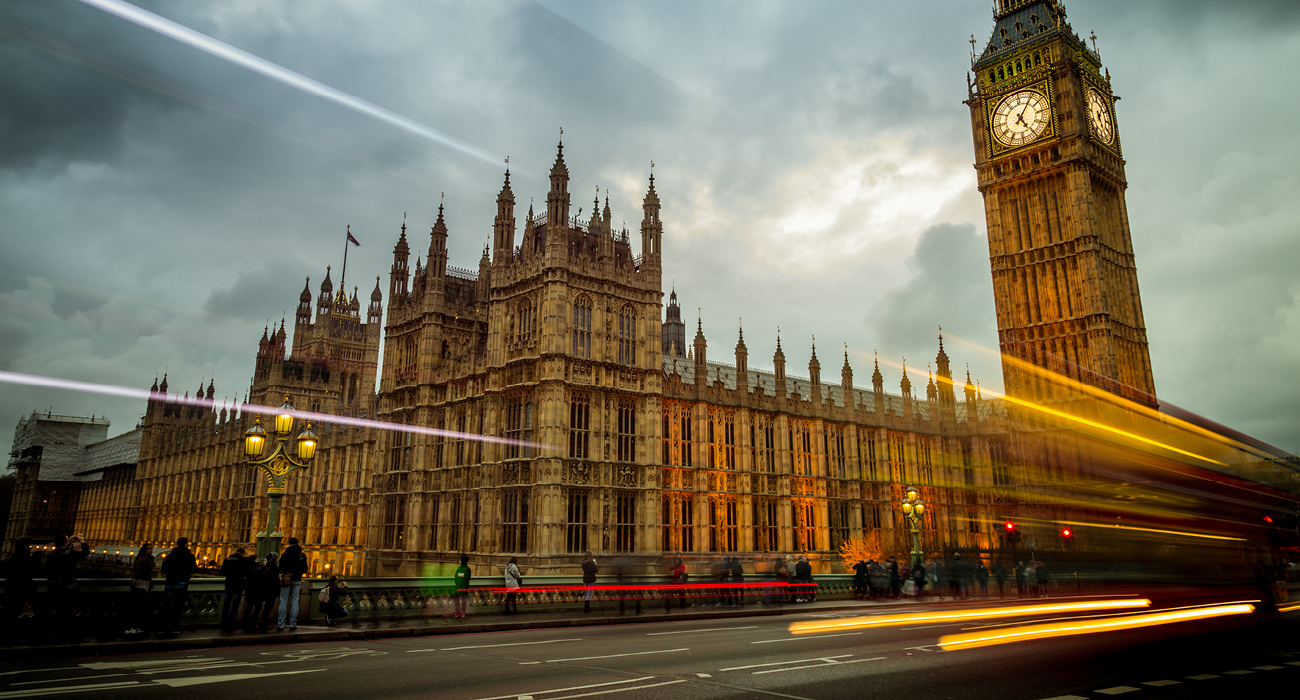Amidst growing economic pressures, all eyes were on Rishi Sunak this afternoon as he delivered his much-anticipated Spring Statement.
Under the sharp focus of the cost of living crisis, the priorities were, of course, on supporting households.
That said, it was also hoped that this ‘mini-Budget’ would include much needed support for businesses - particularly those in energy intensive industries (EIIs) - many of which are facing growing energy costs and increased supply chain issues while still recovering from the impact of Covid-19.
While there were some welcome measures announced - with the standout being the scrapping of VAT for the next five years on energy saving materials such as solar panels, wind and water turbines - the Chancellor seemed to defer to the forthcoming Energy Security Strategy, which is due to be published imminently.
It is vital that this supports businesses to help them invest in measures to become more energy resilient and energy efficient to help counter the rise in prices caused by the highly volatile wholesale markets.
However, there were a few things to note. As well as the VAT savings on energy efficiency products, which will be vital to help reduce the UK’s dependence on imported gas (although, we will await the detail in terms of the technologies it will apply to and the eligibility of businesses) our key take-aways include:
Business rates relief for green technologies
The Chancellor announced that the introduction of targeted business rate exemptions for eligible plant and machinery used in on-site renewable energy generation and storage, and a 100% relief for eligible low-carbon heat networks with their own rates bill to support the decarbonisation of non-domestic buildings, would be brought forward a year to April 2022.
The Treasury estimates that these combined measures could save businesses more than £200 million over the next five years.
What’s more, they are crucial to help businesses become more self-sufficient, reducing their reliance on the grid and volatile wholesale prices, while also reducing emissions.
A future for the super-deduction tax?
We had also hoped to see confirmation that the super-deduction tax incentive introduced for plant and machinery in the March 2021 Budget could be made permanent for any green-related technologies.
This was not announced, however, the Chancellor did say that the Treasury is considering options ahead of the Autumn Budget later this year to gather the views of businesses and assess its impact.
As well as supporting the net zero transition, these sort of incentives are vital to increase productivity, innovation and the global competitiveness of UK businesses.
Reduction in fuel duty
While the speculation ahead of the Statement was that fuel duty would be frozen, the Chancellor went a step further, cutting fuel duty by 5p per litre for the next 12 months, effective from 6:00pm this evening.
While not conducive to our net zero goals, this will provide much needed short-term relief for those industries that rely on road transport.
Greater efficiency for a more resilient future
While today’s Statement perhaps didn’t go as far as many had hoped for businesses, it did acknowledge that energy efficiency has never been more important when it comes to reducing energy costs. New technologies and approaches are also emerging all the time, so it’s never a one-time exercise.
As we await the publication of the Energy Security Strategy, we hope there is more to come for businesses to help them become more resilient, while also supporting our long-term net zero goal.
To find out how you could make further savings for your business, do get in touch with your Client Lead or Account Manager in the first instance, or drop us an email to info@npowerbusinesssolutions.com

/npm214%20Digital_H_UB100.jpg)
/npm214%20Digital_H_UB143.jpg)
/npm214%20Digital_H_UB127.jpg)

/npm214%20Digital_H_UB141.jpg)
/npm214%20Digital_H_UB88.jpg)
/npm214%20Digital_H_UB102.jpg)


/Author%20Profile%20Phillips_Sally_G.png)
